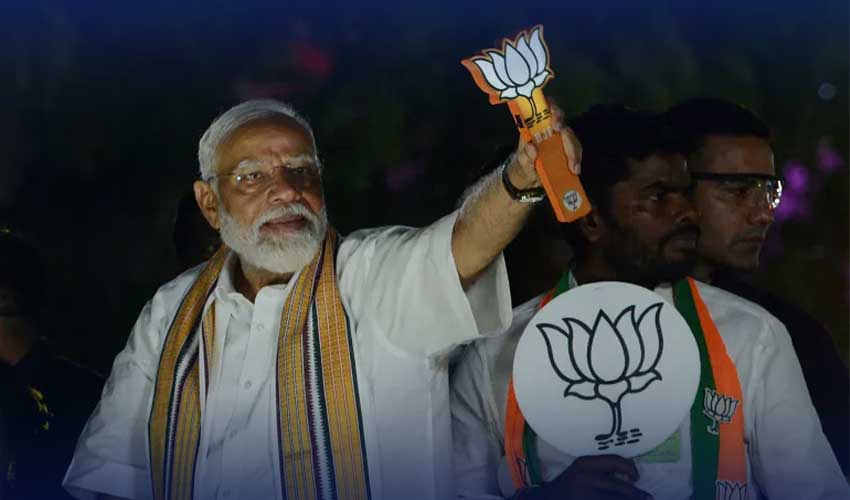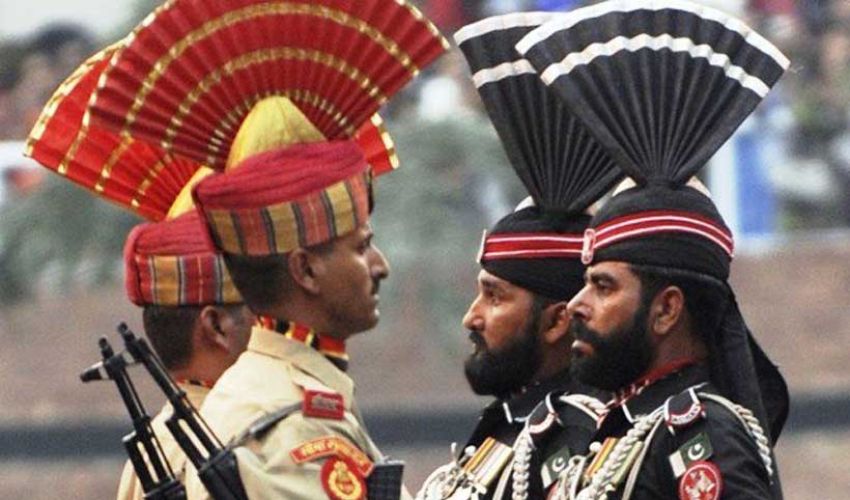In the aftermath of the abrogation of Article 370, the Modi government's policies in Kashmir have come under intense scrutiny. Critics argue that the government is attempting to alter the region's demographic makeup by promoting Hindu culture, potentially turning the Muslim majority into a minority.
Since the abrogation of Article 370, the Modi administration has faced accusations of intending to change the demographic balance in the Kashmir Valley.
Observers claim the government is systematically promoting Hindu culture to weaken the status of the Muslim majority. This move is seen as an effort to consolidate the Bharatiya Janata Party's (BJP) control over the region.
Despite the government's efforts, the situation in Kashmir remains tense. The region has not seen a return to normalcy, and the Modi administration is under fire for its handling of the unrest.
Human rights organizations and international bodies have criticized the Indian government's approach, labeling it as oppressive and anti-Muslim.
The recent Lok Sabha elections highlighted the Modi government's struggles in Kashmir. The BJP did not field any candidates in the region's three constituencies, fearing defeat and embarrassment.
The National Conference and the People's Democratic Party, often seen as BJP allies, also failed to secure victories.
An independent candidate, Sheikh Abdul Rasheed, won the Baramulla seat. Rasheed, who had been jailed for five years on what many believe were false terrorism charges, symbolized a rejection of the BJP's Hindutva narrative.
The Modi government has been accused of resorting to false flag operations to deflect attention from its political losses.
Critics allege that these operations are designed to blame Pakistan for violence in the region, thereby justifying stringent security measures and diverting public attention from domestic issues, such as unemployment.



























